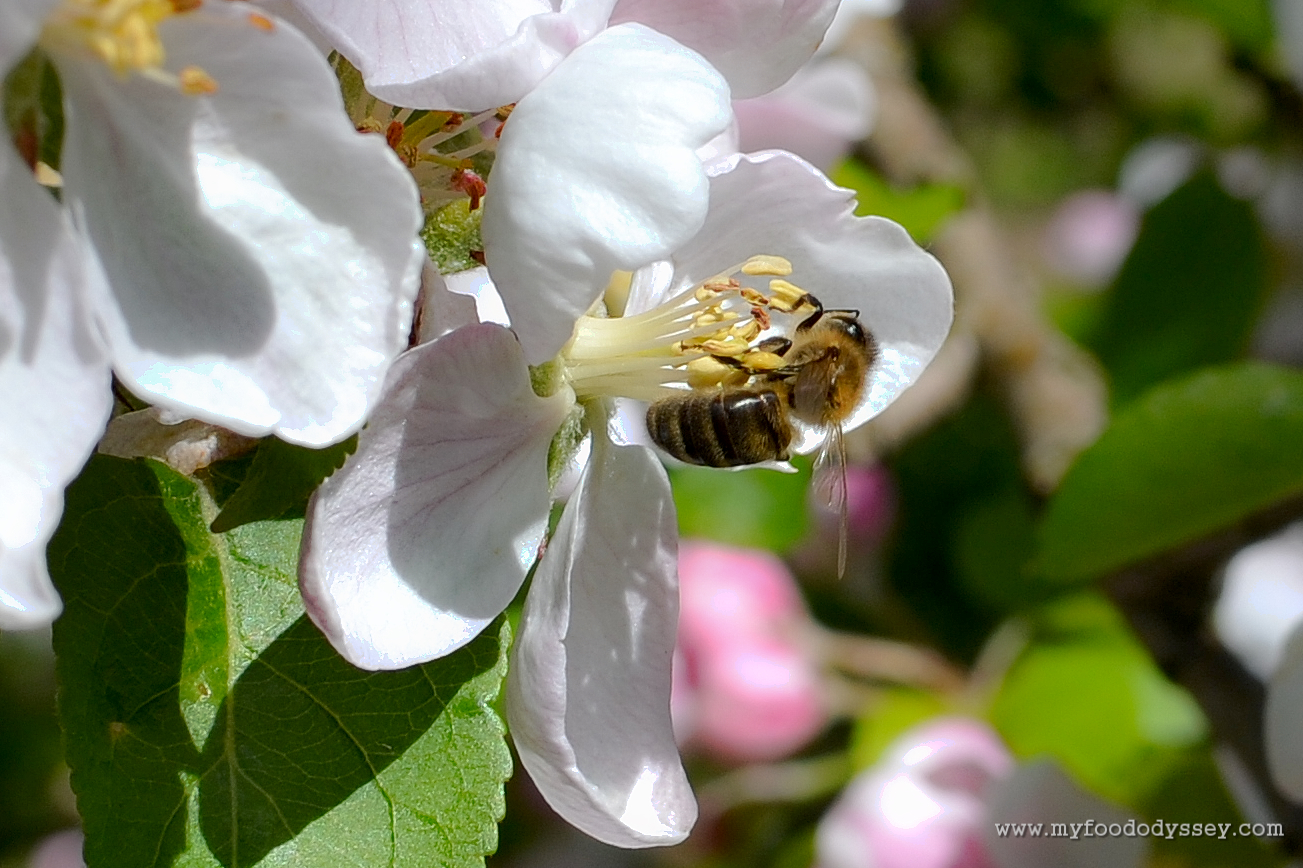Adopt-An-Acre
At Honeybear Brands, we’re dedicated to protecting pollinators. We depend on pollinators to grow apples and can thank them for every one in three bites of our food. Meanwhile, protecting pollinators means reviving important prairie ecosystems that once thrived across the great plains.
Established in 2020, our Adopt-an-Acre pollinator program uses retailer partnerships to fund habitat installation and preservation on our source orchards. This both combats pollinator population collapse and provides our growers with healthy pollinator habitat, perfect for producing high-quality fruit.
We aim to Install 50 acres of pollinator habitat on our source orchards by 2025, while simultaneously implementing TruEarth pollinator conservation practices on 100% of our US source orchards.
At Honeybear Brands, we’re dedicated to protecting pollinators. We depend on pollinators to grow apples and can thank them for every one in three bites of our food. Meanwhile, protecting pollinators means reviving important prairie ecosystems that once thrived across the great plains.
Established in 2020, our Adopt-an-Acre pollinator program uses retailer partnerships to fund habitat installation and preservation on our source orchards. This both combats pollinator population collapse and provides our growers with healthy pollinator habitat, perfect for producing high-quality fruit.
We aim to Install 50 acres of pollinator habitat on our source orchards by 2025, while simultaneously implementing TruEarth pollinator conservation practices on 100% of our US source orchards.
Adopt-an-Acre
How it works – Adopt-an-Acre
Our retail partners “Adopt-an-Acre”, providing funding for habitat installment, maintenance, and care. In-store displays help connect consumers to this project.
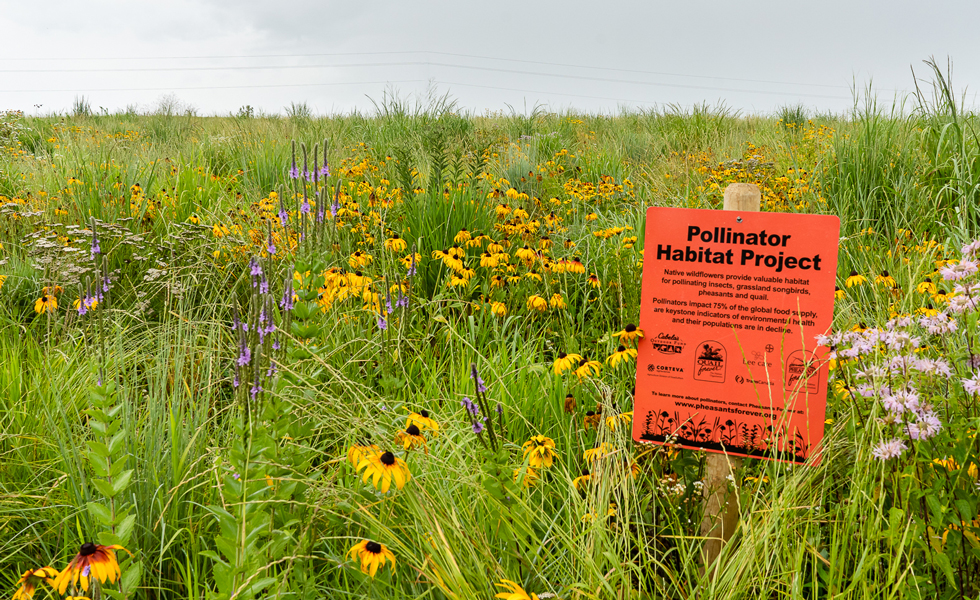
With our help, our growers plan and plant their new habitat, keeping it a safe distance from chemical-use to protect our bees and promote pollinator health.
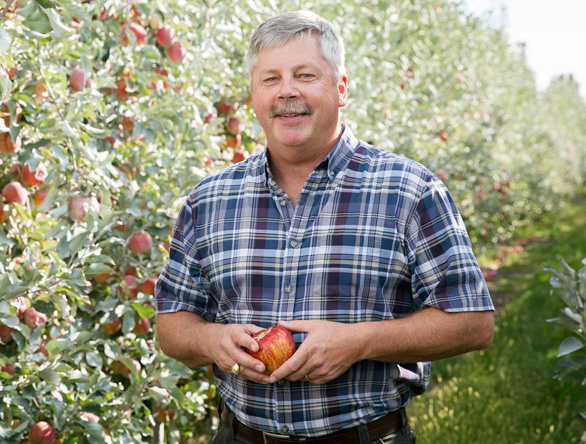
Native flowers and fauna flourish, creating a healthy pollinator habitat for years to come and supporting the local ecosystem. Customers can feel good about their fruit.
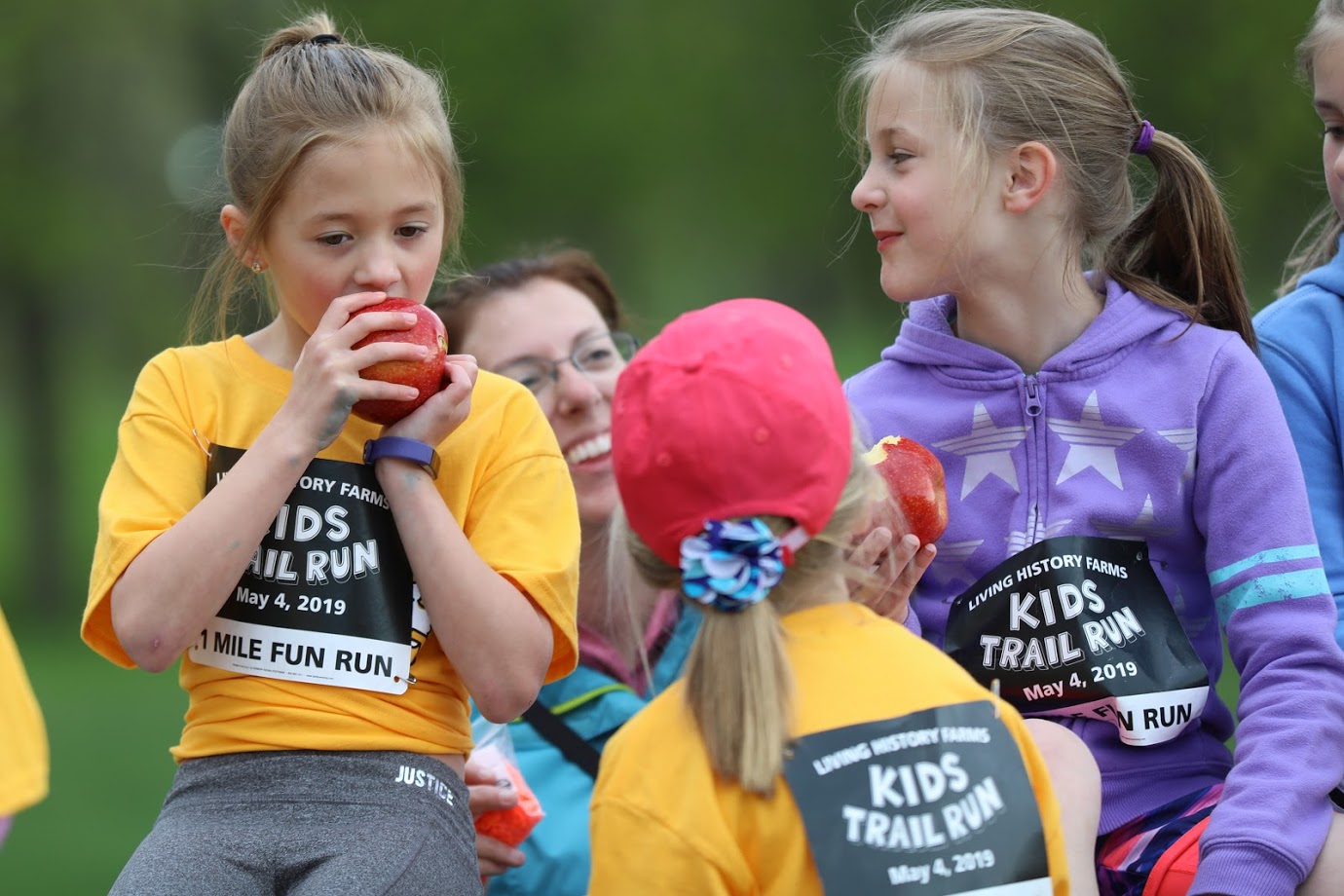
How it works – TruEarth
1) Our growers use limited pesticides to protect pollinators and avoid using harmful chemicals when pollinators are active in our orchards.
2) Best practices encourage habitat installation, buffer zones, and biodiversity of both plants and pollinators.
3) Mowing is done regularly to deter pollinators from coming into the orchard when chemicals are being used and in turn, keep them safe.
Our growers use limited pesticides to protect pollinators and avoid using harmful chemicals when pollinators are active in our orchards.
Best practices encourage habitat installation, buffer zones, and biodiversity of both plants and pollinators.
Mowing is done regularly to deter pollinators from coming into the orchard when chemicals are being used and in turn, keep them safe.
Success Stories
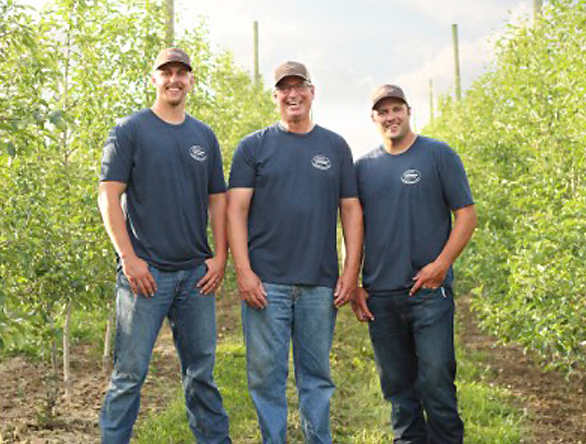
Spring of 2020 Tom Ferguson and his son’s planted a 3.3 acre plot of pollinator habitat on their Lake City orchard.
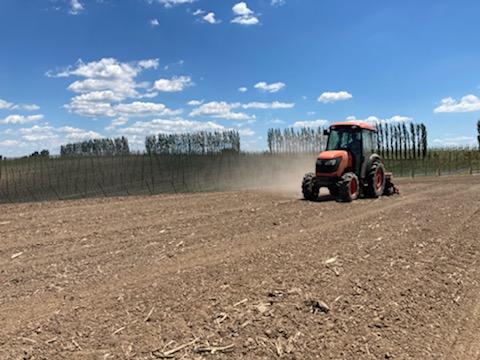
Seeding of pollinator habitat on Ferguson’s orchard June 14th, 2021.
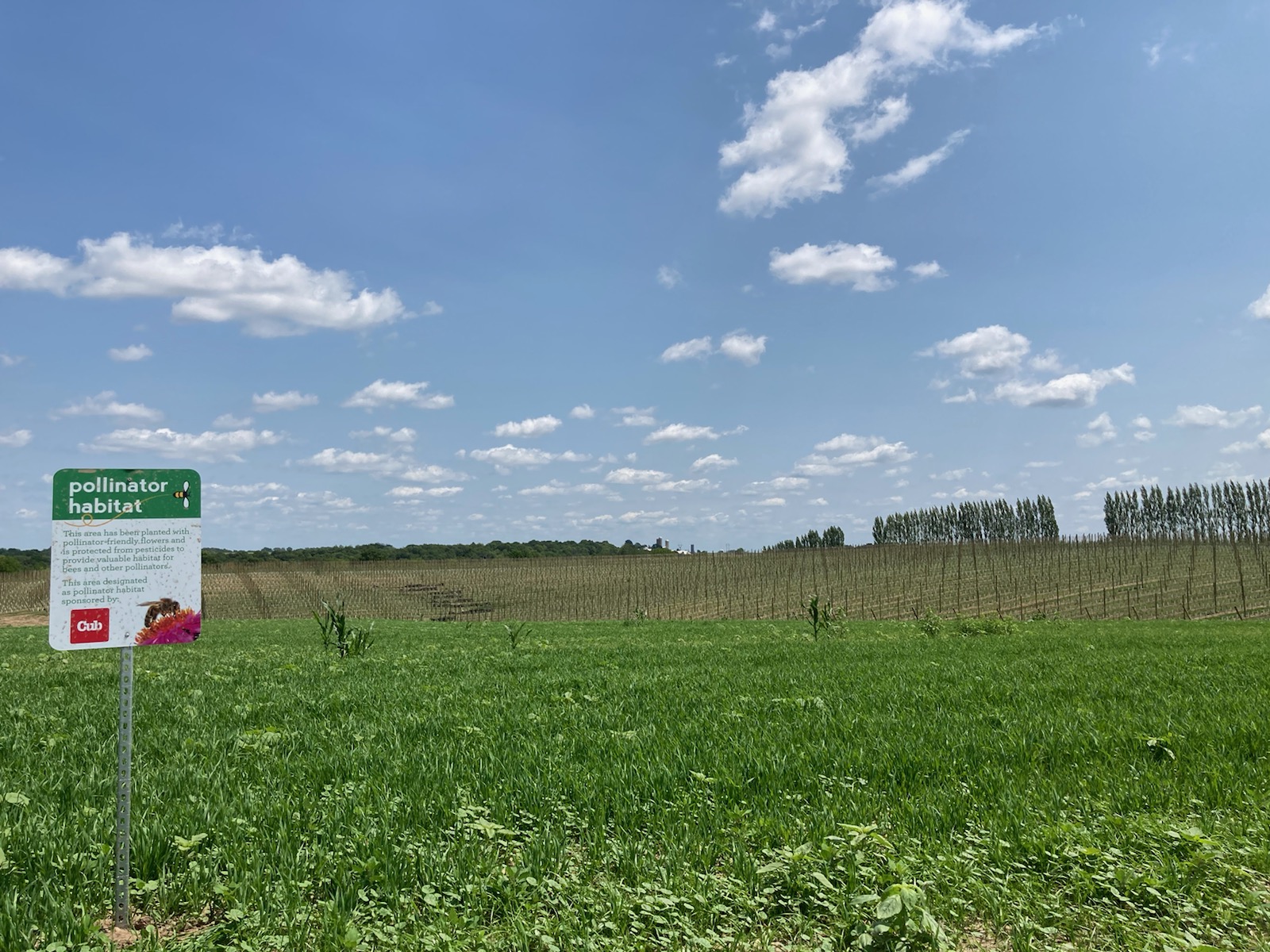
Sprouting pollinator habitat on Ferguson’s Orchard July 15th, 2021.
Bees and Tress
We teamed up with the National Honey Board to learn about what needs to be done to protect honeybee populations.
Our Adopt-an-Acre pollinator program would not be possible without the help of the IPM institute’s oversight of the TruEarth Program, the Minnesota Native Landscapes seed, the Sustainable Food Group’s guidance, and the dedication of our growers.
Bees and Trees – Natural Teamwork
We have teamed up with The National Honey Board to promote the importance of pollinators
